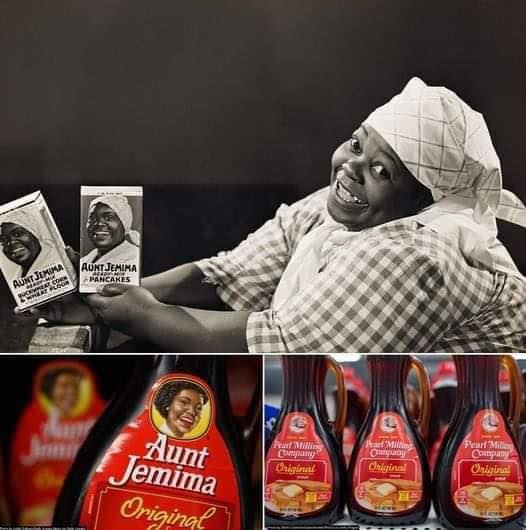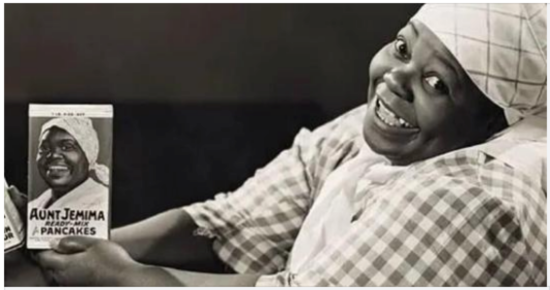Evans, a Marine Corps veteran, passionately expressed his sentiments, saying, “This is an injustice for me and my family. The business that profited from slavery is now trying to erase it. The racism they talk about – using images from slavery – that comes from the other side, from white people. This company profits off images of our slavery, and their answer is to erase my great-grandmother’s history. A black female… It hurts.”
The brand’s emblem depicted a black woman named Nancy Green, an enslaved person, who was labeled by Quaker Oats as a “storyteller, cook, and missionary worker.” Quaker Oats has decided to permanently retire the brand. However, the origins of the “Aunt Jemima” name can be traced back to Anna Short Harrington, who became the face of the brand in 1935.

Evans proudly shared his family’s connection to the brand, stating, “Anna Short Harrington, my great-grandmother, worked for Quaker Oats for 20 years. She traveled across the United States and Canada, serving pancakes as Aunt Jemima.”
Evans is deeply troubled by the fact that Quaker Oats was able to profit from a racial stereotype and is now conveniently discarding it. He questions the company’s decision to remove the name and wonders about the responsibility of white corporations who benefited from such characters without sharing the profits.
Evans concludes, “They’re just going to erase history like it didn’t happen? They’re not going to give us anything? What gives them the right?”
The discourse around the legacy of “Aunt Jemima” continues to ignite discussions. It is important to share your thoughts and opinions on this matter. Please leave your comments below.
If you support the Black Lives Matter movement and its cause, kindly share this article on Facebook.






